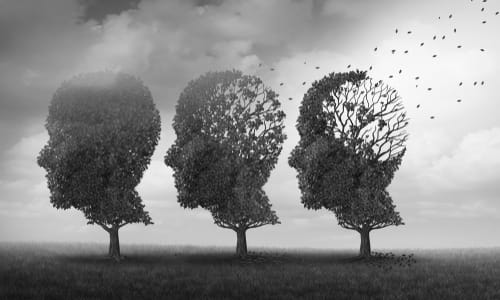
Alcohol and Trauma Impact the Brain in Ways You May Not Realize
Addiction research provides insight into the understanding of addiction. We continue to search for answers on addiction developments and the hope is to find connections between how it develops and social, experiential, or biological circumstances. Researchers have looked at many ways a person’s environment can play a role in alcoholism later in life. Learn more about what they have discovered and what it means for addiction and recovery.
Mistreatment in Childhood
Trauma in childhood and susceptibility to addiction may be understood as a way a person knows how to experience ways in which the brain develops. Biology and genetics in the brain matter but plasticity, or the brain’s ability to respond and adapt to environmental stimulation, are important, too. The brain changes as it grows and strengthens in childhood. Neurons continue to grow and this affects brain development much like motor skills develop. The growth of the brain and its structure often leads to experiences that can be both wonderful and difficult depending how a person is treated as a child. Negative experiences, or adverse childhood experiences (ACEs) may have an impact on children’s brains.
Trauma and Abuse
Many associate childhood trauma with child abuse, but other traumatic experiences linked to elevated vulnerability to addiction include neglect, loss of a parent, witnessing violence, or having loved ones with mental illness in the family. These experiences have shown an increased tendency to become a pathway for people to explore drugs and alcohol as they age. Children are limited in their abilities to make inferences to process experiences and trauma effects can linger a long time before they can be properly sorted out in the mind. Things to keep in mind:
- About two-thirds of all people with addiction have experienced some type of physical or sexual trauma in childhood
- Knowing when this happened could help determine best ways to help or prevent it for others in the future
- Trauma is not a free pass to just do whatever you want but it does explain why some people may be more susceptible to self-harming behaviors or addiction in the future
Experiencing trauma’s effects can be difficult as an adult working through the processing of emotions and psychological baggage of the impact. When considering how a person recovers from such trauma, it is important to hold nature versus nurture as part of the equation and understand that trauma-informed care is a key piece of the addiction recovery puzzle.
Contact Palmetto Addiction Recovery Center Today
For more than 25 years, Palmetto Addiction Recovery Center has been devoted to helping those who are struggling, to find serenity and recover. With a focus on holistic treatment for the physical, emotional, and spiritual, our program effectively rebuilds and heals what has been broken by addiction. For information on our addiction treatment program in Louisiana, call us today: 866-848-3001